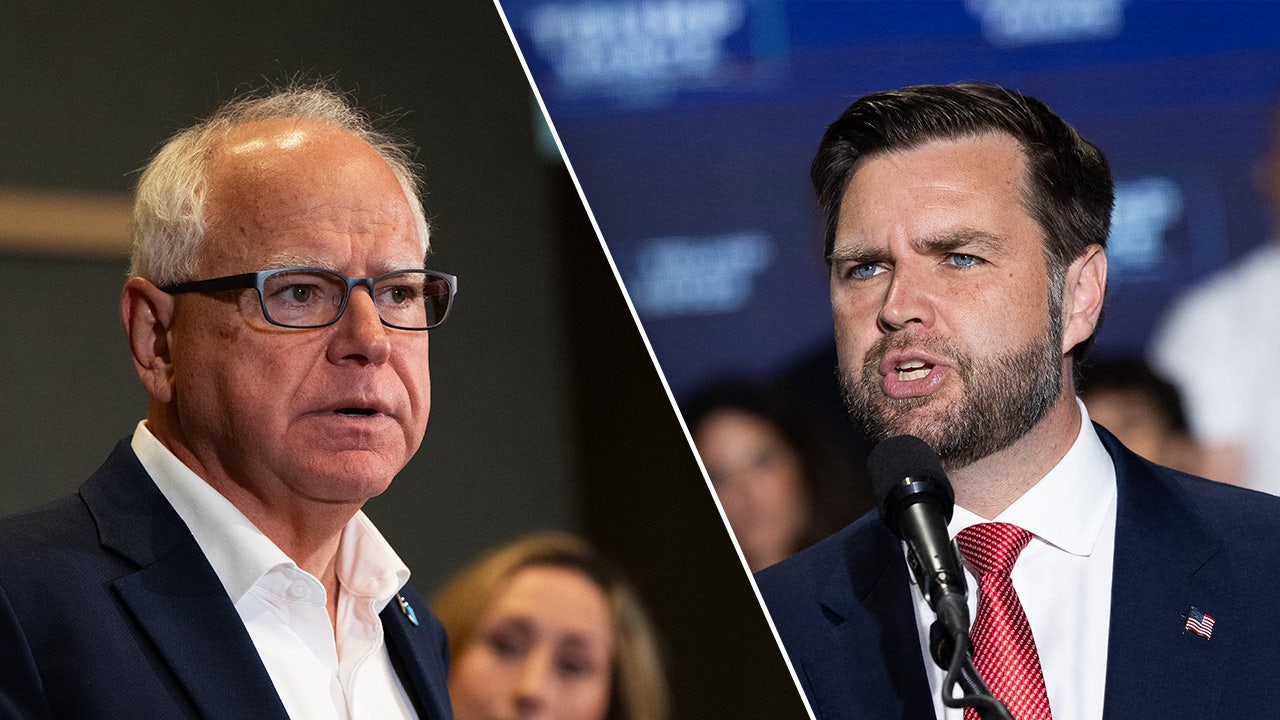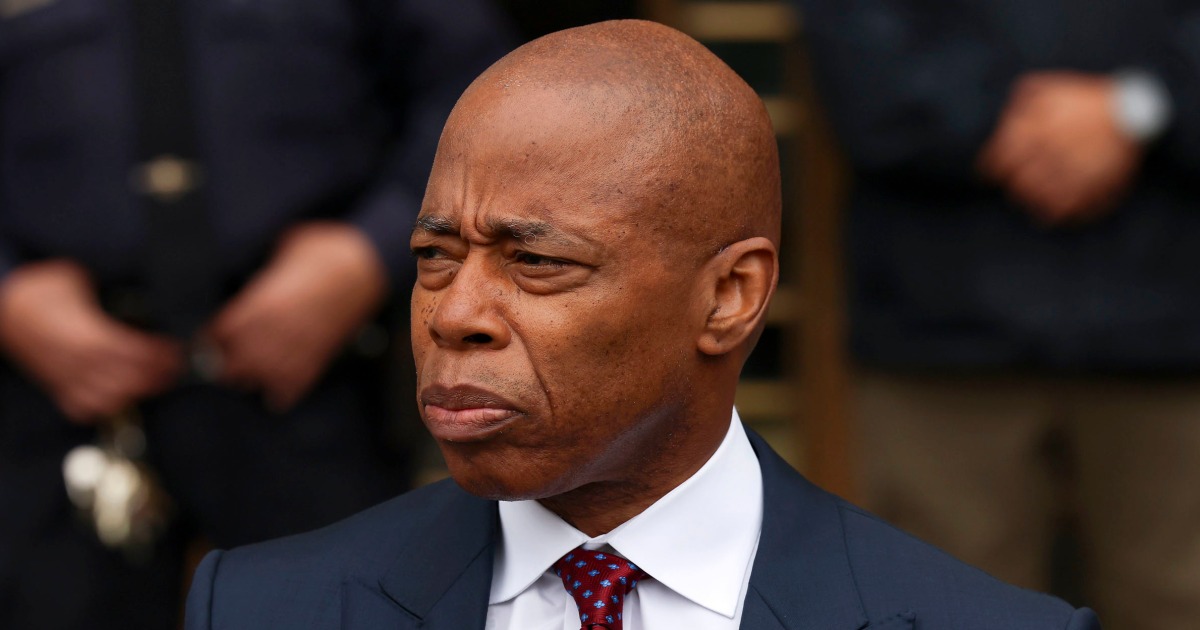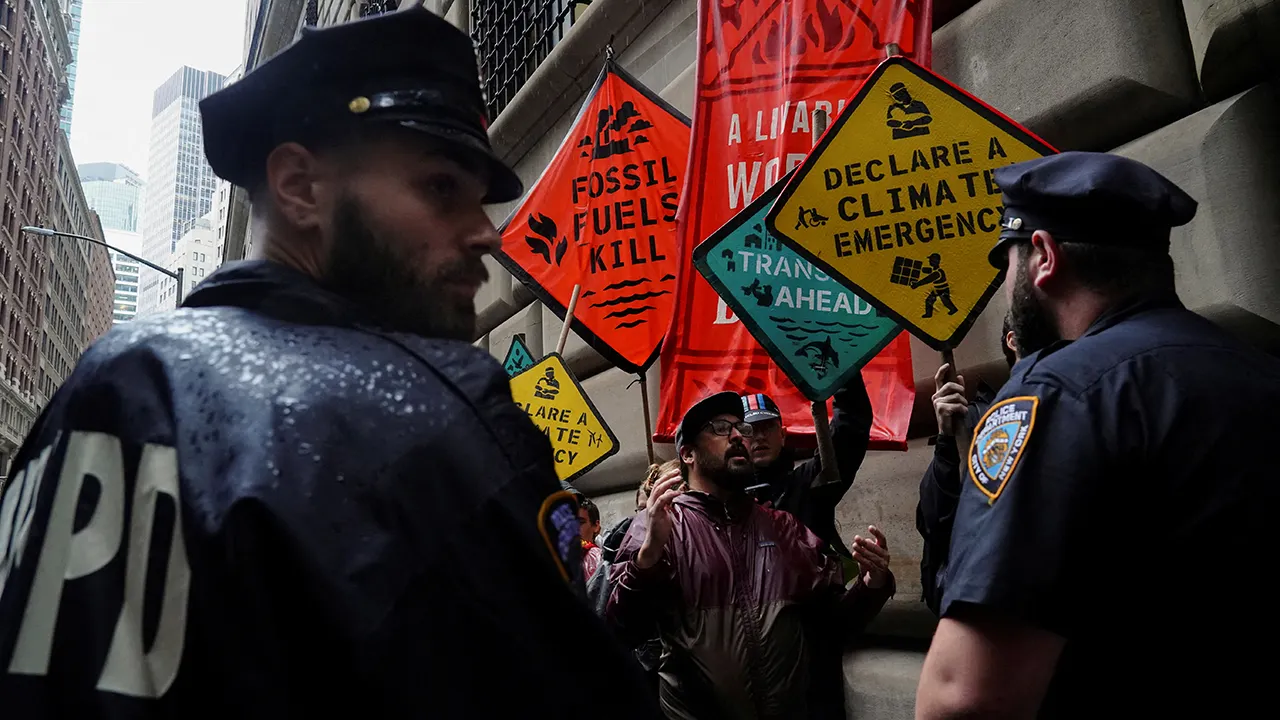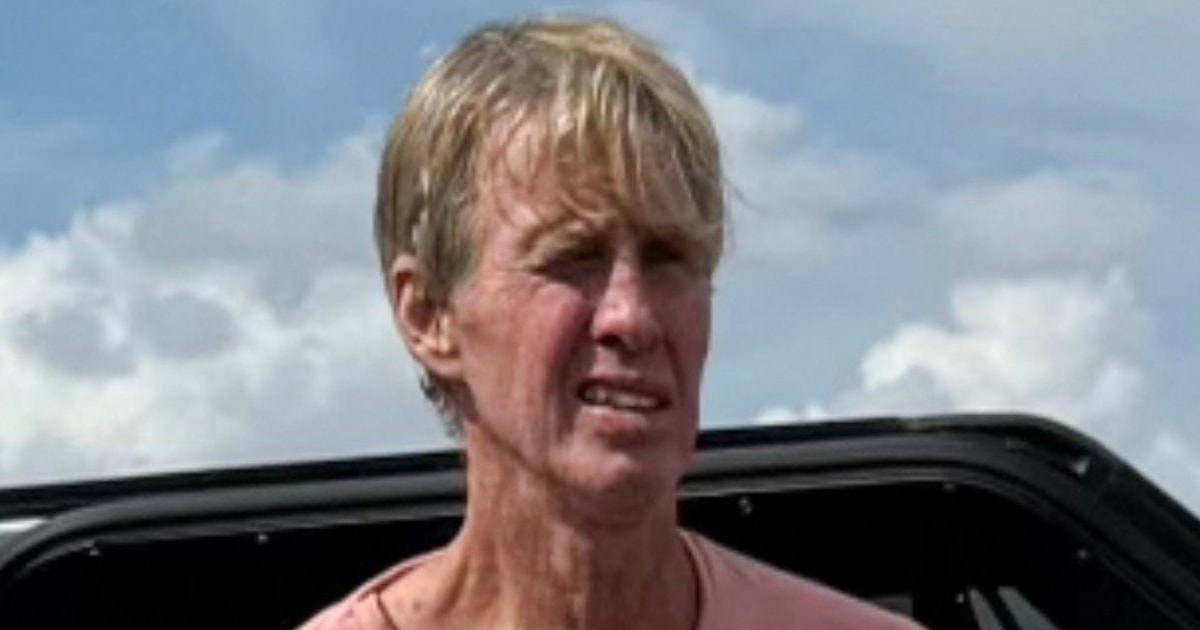The city’s police oversight agency can punish officers who turn off their body cameras during incidents and also initiate probes without a public complaint, a state appeals court has ruled.
NYPD unions representing officers and sergeants had challenged such new Civilian Complaint Review Board rules in a lawsuit last year, claiming that these expansions of oversight “exceeded their authority.”
“The PBA will seek leave to appeal this decision,” Patrick Hendry, president of the Police Benevolent Association, said of the latest ruling siding with the CCRB.
Hendry called the review board “a rogue agency staffed with anti-police activists on a mission to eradicate any form of effective, proactive policing in New York City.
“Their ultimate goal is to take full control of the NYPD and drive talented police officers away from this job,” Hendry told The Post. “Unfortunately, they’re succeeding.”
The CCRB was defended in the legal challenge by the city Law Department and supported with briefs from the NYCLU, Bronx Defenders and Latino Justice.
“We are pleased that the courts have once again rejected the PBA’s attempt to thwart police accountability and undermine the CCRB’s independent investigations into police abuse,” NYCLU senior staff attorney Lupe Aguirre told The Post. “This ruling will make it harder for officers to keep investigators and New Yorkers in the dark about police misconduct during civilian encounters.”
A Law Department rep added, “CCRB had the legal authority to make a determination it believes to be critical to its mission.
“We are pleased the court agreed,” the representative said.
In 2022, the CCRB announced a number of new rules to the objection of the PBA as well as the Sergeants Benevolent Association. The unions sued the agency in 2023, calling the changes “blatantly prejudicial to officers.”
But the CCRB argued in court filings that the misuse of cops’ body cameras makes reaching determinations on potential police misconduct substantially more difficult and identified numerous instances “where officers took actions to prevent or halt the recording of police misconduct.”
Despite arguments from the police unions’ lawyers that camera misuse was being punished internally, the CCRB said those officers were rarely disciplined appropriately.

“It only makes sense that this be part of the abuse of authority definition as it might evidence an effort to conceal misconduct,” Manhattan Supreme Court Judge Arlene Bluth wrote in an earlier January ruling, where she also deemed it was aboveboard for the CCRB to give its members the power to proactively initiate investigations into police misconduct.
Bluth wrote that the unions’ challenge had to meet the “heavy burden” of proving that the new rules were “essentially arbitrary.
“’Disagreement with CCRB’s rules is not a basis for this Court’s intervention in every instance,” the judge wrote at the time.
That lower court ruling in favor of the watchdog agency was upheld unanimously on appeal, making this the first CCRB rule change to survive a higher court ruling in recent years.
Two previous lawsuits filed against the CCRB against rule changes in 2018 and 2021 were both upheld by state appeals courts.
Read the full article here


:focal(1136x506:1138x504)/origin-imgresizer.eurosport.com/2024/05/06/3963306-80460828-2560-1440.jpg)












